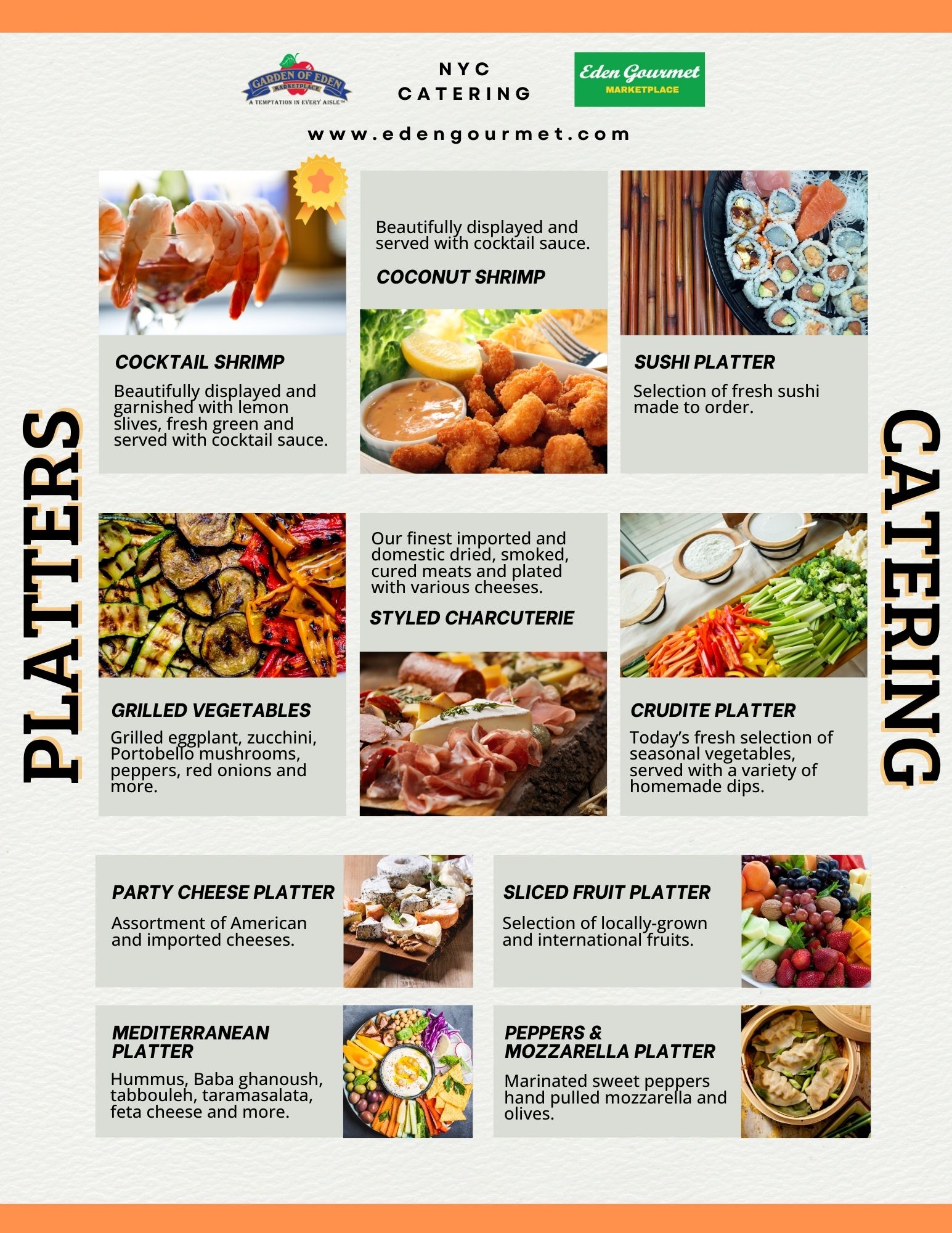Share This Story, Choose Your Platform!
Mindful Eating: A Practical Guide to Cultivating Wellness
With the hustle and bustle of modern life, it’s easy to fall into the trap of mindless eating. We often find ourselves eating on the go, in front of screens, or while multitasking, which can lead to overeating and poor food choices. Mindful eating is a practice that can help us reconnect with our bodies, our food, and our overall well-being. By being present and fully engaged in the act of eating, we can cultivate a healthier relationship with food and improve our overall wellness.
What is Mindful Eating?
Mindful eating is the practice of paying attention to the present moment while eating. It involves being fully aware of the sensations, thoughts, and emotions that arise during the eating experience. By bringing mindfulness to our meals, we can savor the flavors, textures, and smells of our food, as well as tune into our body’s hunger and fullness cues.
The Benefits of Mindful Eating
Research has shown that mindful eating can have numerous benefits for our physical and mental health. By slowing down and paying attention to our food, we can improve digestion, reduce overeating, and make healthier food choices. Mindful eating has also been linked to weight loss, improved blood sugar control, and reduced stress levels.
Practical Tips for Mindful Eating
Here are some practical tips for incorporating mindfulness into your eating habits:
1. Eat without distractions
Avoid eating in front of the TV or computer. Instead, sit down at a table and focus solely on your meal.
2. Chew slowly and savor each bite
Take the time to chew your food thoroughly and pay attention to the flavors and textures. This can help you feel more satisfied and prevent overeating.
3. Listen to your body
Pay attention to your body’s hunger and fullness cues. Eat when you’re hungry and stop when you’re satisfied, rather than when your plate is empty.
4. Be mindful of your emotions
Acknowledge any emotions that arise during the eating experience, such as stress or boredom. Try to address these emotions without turning to food for comfort.
Summary
Mindful eating is a powerful practice that can help us cultivate a healthier relationship with food and improve our overall well-being. By being present and fully engaged in the act of eating, we can savor our food, tune into our body’s hunger and fullness cues, and make healthier food choices. Incorporating mindfulness into our eating habits can lead to improved digestion, reduced overeating, and better stress management. So next time you sit down for a meal, remember to slow down, savor each bite, and be fully present in the moment.

































































